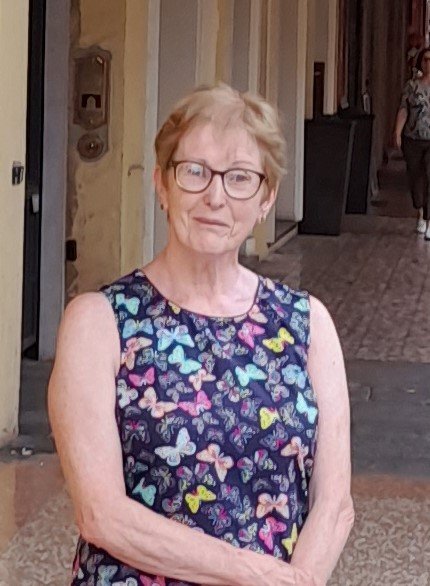Chronicles of a Vicarage Childhood

Eluned Rees recalls shopping before the supermarket age.
As I was brought up in villages, there were not many shops or shopping! In Llwyndafydd, there was a shop with two petrol pumps, which sold all sorts of things in a wooden building with corrugated iron roof. There was animal food, fruit and vegetables, tins and bread, gardening implements, medicines and sweets, very much like the ‘Open all hours’ shop on television. And as the family lived in a small room at the back, only leaving to sleep in a nearby little building, it indeed was open all hours.
In Llangyndeyrn we had a Post Office, kept by Jac Smith, the bellringer, faithful member of church and a lay reader. It was also a small shop. We could walk down to buy groceries, butter, bread, tins, as well as stamps. There was a petrol pump there too, and we could get Green Shield stamps to save and choose from a catalogue.
![Home and Colonial [crop]](https://stdavids.contentfiles.net/media/images/Home_and_Colonial_DTO7in6.width-500.jpg)
But it was Dai Smith, Jac’s brother, who owned the more exciting shop, with sweets older than us children. Paraffin was sold at the back, the whole place was dark and damp, much like somewhere from a Dickens novel. He also had broken biscuits. We would only spend pennies, on liquorice and flying saucers, although so damp they resembled communion wafers, and Bazooka Joe bubble gum in a pink wrapper, Lucky Dips and Sherbert Fountains.
And who doesn’t remember pretending to smoke with sweet cigarettes? So sophisticated! Fortunately, a dentist visited the school every now and again, as our teeth must have been rotten. We didn’t have pocket money as young children, I don’t think it was common in those days, but we would have some money from visitors or family occasionally, and loved buying rubbish in ‘siop Dai’.
It was Dai Smith who also delivered the Western Mail and Carmarthen Journal to our house. He was the fount of all local gossip, and if our car was out of the garage behind the vicarage, he would ask “Where are you off today then?”
Carmarthen was the nearest shopping centre for food, - Liptons and Home and Colonial. There was of course no supermarket, and goods were sold in paper bags. The butcher, fish man and of course milkman came to the village. Everyone ate simple, fresh healthy meals, and usually grew much of it in their gardens.